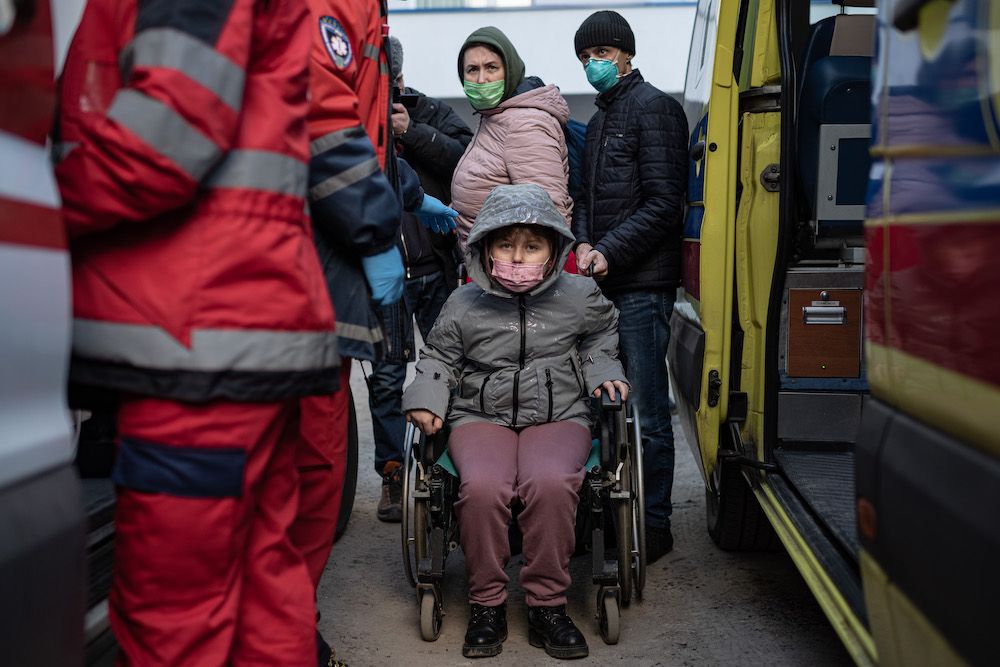“there are hula hoops,” i said, “to symbolize how people with cancer have to jump through hoops just to survive.”
by the time i got to the word “cancer,” the wrinkled one was back to checking her forehead. the other woman said “awww,” as she chewed on the side of her thumb.
as i walked toward the crowd, i thought about how, like a lot of bad things that can happen in a life — death, divorce, a car accident, cancer — if you have not experienced it firsthand, or cared about someone who has, you might not quite get what makes it a big deal. perhaps you don’t think it would ever happen to you.
and sure, you can use your imagination — it’s not hard when it’s not real — to picture what it would be like to lose a sibling, for your marriage to end, to be in a terrifying car crash, or get a scary diagnosis. but the true impact, in all its giant implications and breathtaking darkness, would be lost on you.
you might even have a plan in your head in case any of these things were to happen — a contingency strategy, something to help you get through. except when that thing really does happen, it’s not at all how you imagined, and then you get it, and say something like, “i’m sorry, i had no idea.”
i have lost count of how many people i know who have been diagnosed with cancer, only to be shocked first, by the fact that their medication costs more than a their monthly mortgage, and second, that neither ohip or their private insurance covers it. i, too, was caught by surprise years ago when i found out that the medication i would need for the rest of my life was almost $5,000 each month.
 6 minute read
6 minute read









